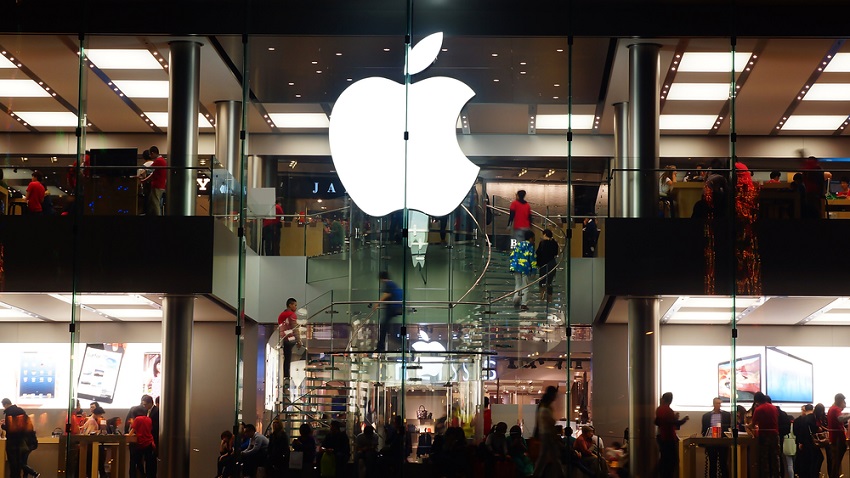Earlier this month, Apple provided us with some updated numbers regarding the App Store and, suffice it to say, business is booming. Throughout 2017, Apple notes that it paid out $26.5 billion to developers, a solid increase from the $20.3 billion Apple doled out to developers in 2016. All told, Apple has cumulatively paid out more than $86 billion to developers since the App Store opened in July of 2008. And once we take Apple’s 30% cut into account, Apple’s App Store has generated a staggering $122.8 billion in sales over the last nine and a half years.
The figures above are impressive, but they’re also so big that it can become challenging to truly appreciate just how impactful and successful the App Store has become. That being the case, a recent piece from Horace Dediu provides us with some insightful data in order to help us contextualize the importance of the App Store to Apple’s bottom line.
Dediu observes that Apple now pays more out to developers than McDonald’s earned in revenue throughout 2016. Dediu also note that the App Store is now a bigger business than the entirety of the film industry.
-
Developer payment rate is now above $25 billion/yr. I’ve been notified via Twitter that this is higher than the revenue of McDonald’s Corporation in 2016.
-
During this year iOS users will be spending about $100 million per day for Apps. This was Google’s AdWords revenue rate in 2012.
-
The spending on App Store has been rising steadily, adding about $5 billion/yr since mid 2011.
-
Apps are the biggest component of Apple services and helped that segment gross over $57 billion in 2017, passing Fortune 100 level (net of developer payments).
Beyond revenue earned by Apple and paid out to developers, Dediu astutely notes that Apple’s influence on the mobile economy is even bigger than the already impressive figures would have you believe. To this point, many of the apps on the App Store serve as “front-ends to complex services” which are monetized in a myriad of ways. From Netflix and AirBnB to YouTube and Instagram, the notion of the App Store economy being an entity unto itself has never been more legitimate.








